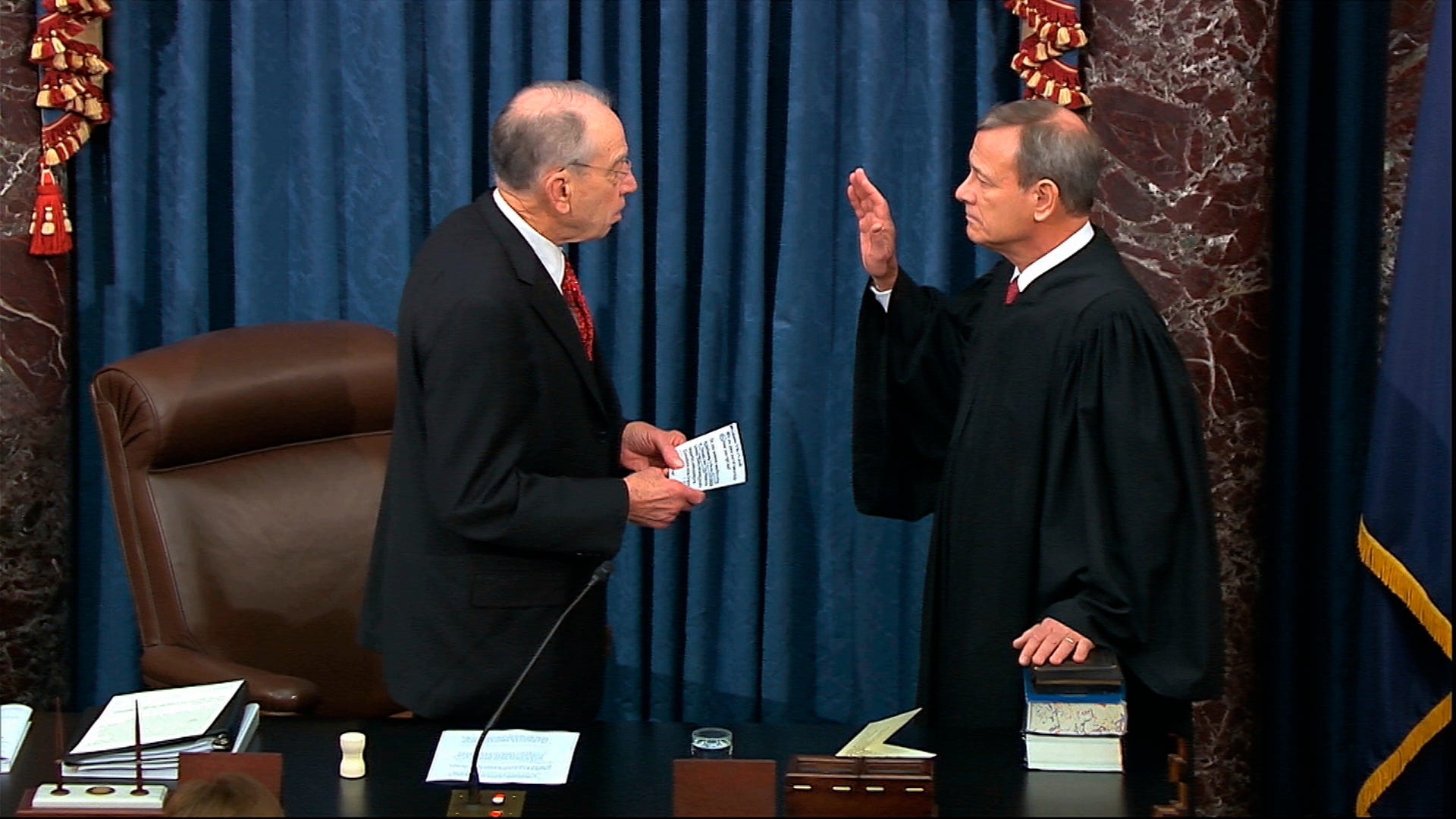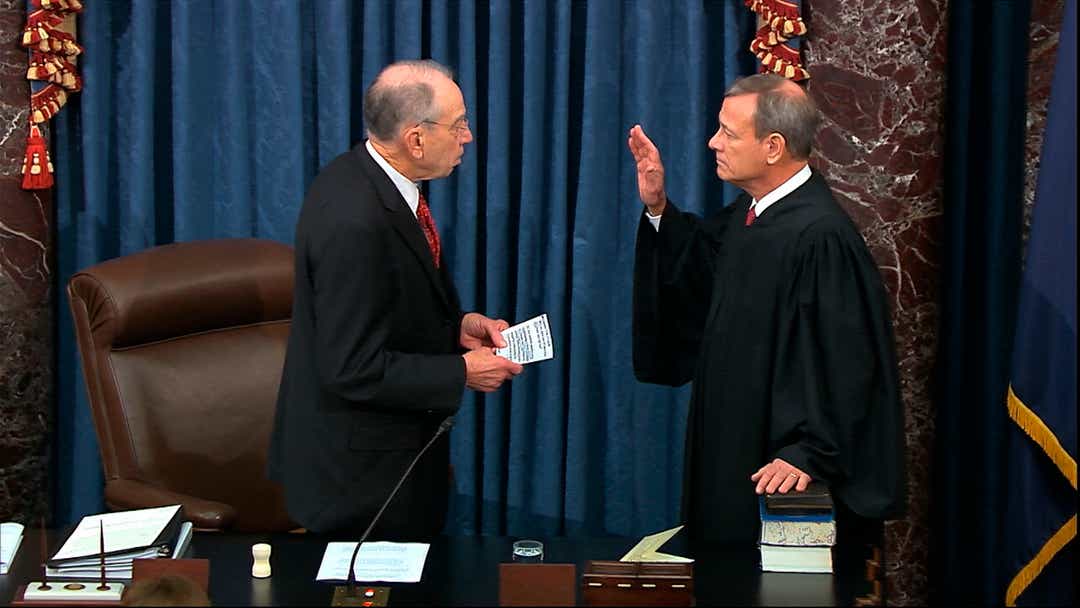
Spiritual liberty or job security: Supreme Court divided on firings Supreme Court divided over religious companies ' right to fire employees
WASHINGTON-- The Supreme Court appeared divided along ideological lines Monday in a case pitting the autonomy of spiritual companies against the task securities due their workers.
The disagreement between 2 spiritual schools in California and the teachers they fired is the third major case the high court is considering this year in the area of religious liberty. The justices already are weighing whether to let state funds be utilized to assist spend for religious school tuition and whether companies with religious or moral objections must be exempt from offering insurance coverage for contraceptives.
In the current case, two religious school instructors were fired by their respective Catholic schools. Among them, 5th-grade instructor Kristen Biel, was release from St. James Catholic School after establishing breast cancer and seeking medical leave to undergo chemotherapy.
She took legal action against successfully under the Americans with Disabilities Act, and the school appealed. Then in 2015, she lost her battle with the illness, leaving her other half Darryl to continue her difficulty.
The other instructor, Agnes Morrissey-Berru, who is not a practicing Catholic, taught for 16 years at Our Woman of Guadalupe School but was release based upon her efficiency. She claimed age discrimination.
The schools count on a Supreme Court precedent giving spiritual organizations ""ministerial exceptions" "from laws that use to other companies. But the U.S. Court of Appeals for the 9th Circuit ruled the teachers need to have their day in court, prompting both schools to petition for Supreme Court evaluation.
The Trump administration took the schools' 'side.

During oral argument Monday, held by phone and broadcast live because of the coronavirus pandemic, both conservative and liberal justices expressed concern about drawing lines amongst job descriptions.
If a religious beliefs instructor can be fired at will, what about a basic curriculum teacher, a nurse, a coach, a janitor or a bus motorist?
Doesn t that produce just exactly the sort of entanglement issues that we’ve tried to avoid somewhere else?Associate Justice Neil Gorsuch asked Morgan Ratner, the U.S. assistant lawyer general representing the Trump administration.
Associate Justice Samuel Alito, a strong protector of religious liberty, argued that "" the function of teaching a religion to new generations is main,"" even if it'' s just part of a general curriculum taught by grade-school teachers at spiritual schools.
But Associate Justice Ruth Bader Ginsburg, a four-time cancer client, stated it was "" really troubling"" to believe spiritual schools might fire employees for factors that have absolutely nothing to do with faith, like needing to look after chemotherapy.”
Chief Justice John Roberts wrote the Supreme Court'' s consentaneous opinion in 2012 that allowed religious companies to choose their leaders no matter federal task discrimination laws. The most current concern prior to the court is whether the fired teachers performed enough spiritual duties to be considered "" ministers"" exempt from those laws.
Under Roberts, the court has actually ruled in favor of religious liberty in several cases just recently. In 2015, it ruled 7-2 that a mammoth Latin cross on federal government land in Bladensburg, Maryland, does not have actually to be moved or modified in the name of church-state separation. That followed other rulings permitting public prayer at federal government conferences and taxpayer funding for some church expenses.
7:01 am
Tags :
INTERNATIONAL NEWS
Subscribe by Email
Follow Updates Articles from This Blog via Email


No Comments